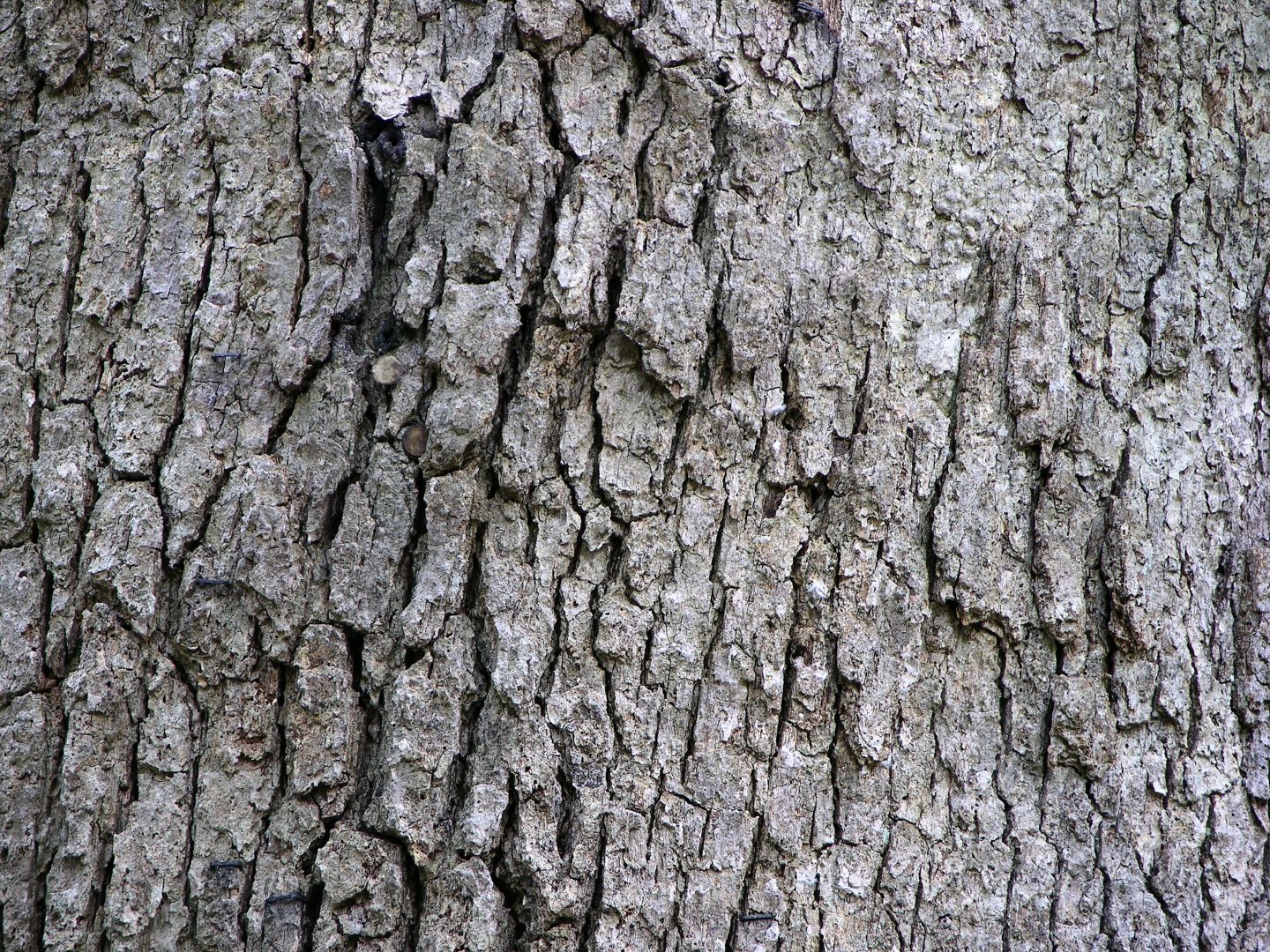LONDON – Researchers have successfully used betulin, a tree bark extract, to improve the water repellency of cotton fabrics, offering intriguing possibilities for more environmentally benign durable water repellents in textiles. Betulin is a naturally abundant and hydrophobic compound obtained from a side stream product in the forest industry. Traditionally, it is burnt together with bark as a solid fuel.
In the study, betulin was isolated from the outer bark of birch through a simple solvent extraction, and a betulin-terephthaloyl chloride (TPC) copolymer was successfully synthesised. Different ways of using betulin and the copolymer for the surface-treatment of cotton fabric were explored. Cotton fabrics were coated with particles of betulin monomer, small pieces of the betulin-TPC copolymer, and films based on betulin or the copolymer. In all cases, the samples significantly improved hydrophobicity and water repellency. “All used treatments were simple and straightforward,” say the researchers.
“[Here] we demonstrated that betulin, a naturally abundant and hydrophobic compound obtained from a side stream product in forest product industry, could be used for a value-added application instead of being burnt together with the bark as a solid fuel.”
Betulin represents 25–35 per cent of the weight of the outer bark of major birch species.
Recent years have seen a drive by the apparel industry to cut down on and eradicate its use of per-fluorocarbons (PFCs) which give clothing their water, stain and oil resistant properties. The industry has known about the environmental concerns around PFCs for many years, the most notable of these being that some PFCs escape into the atmosphere and into wastewater during apparel production, while small amounts can even turn up as residue on clothing itself. These have potential toxicity, over time, to humans, wildlife and fish and are extremely persistent in the environment.
Citation: Huang, T., Li, D. & Ek, M. Cellulose (2018). https://doi.org/10.1007/s10570-018-1695-5

